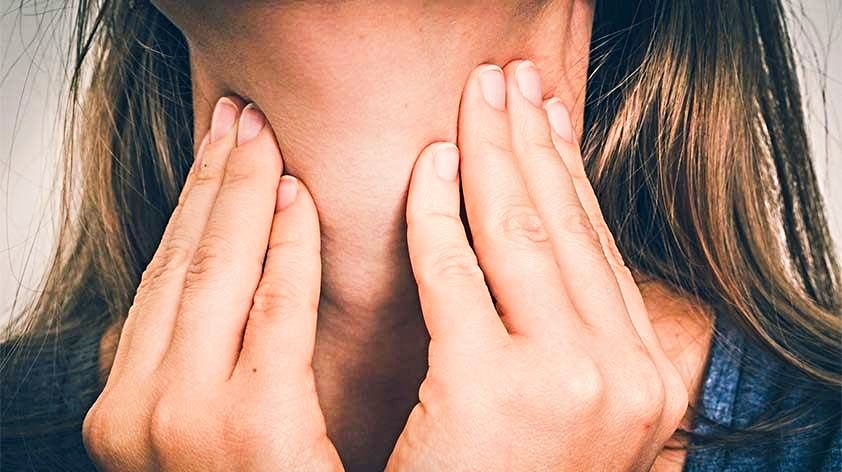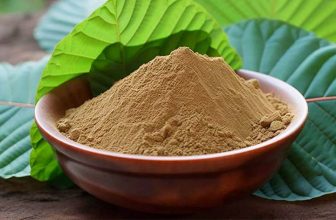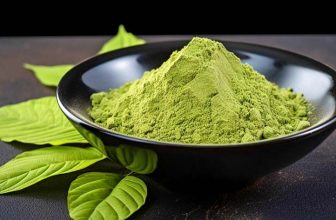
Iodine is a mineral required by the body to sustain the normal functioning of the thyroid hormones, T4 (thyroxine) and T3 (triiodothyronine). Seafood, dairy products and eggs are all rich in iodine, so if you’re following a vegan diet, it might be wise to instead take a daily supplement containing iodine. Want to know more? Read below for Veganism & Iodine Deficiency: 4 Things You Must Know!
1. What is Iodine & Where Do I Get it From?
Iodine is a trace mineral naturally occurring in fish, eggs, milk and dairy products. The European Food Safety Authority (EFSA) recommends a daily intake of 150 mcg per day. For context, 120g of haddock contains 390 mcg of iodine, but one egg contains only 25mcg.
Plant-based foods contain much lower quantities of iodine. For example, a portion of fruit and vegetables provides just 3 mcg of iodine, and this figure often varies based on the level of iodine in the soil. Additionally, milk alternatives, such as oat, soya and almond, are not yet fortified with iodine.
Seaweed, however, is one of the most concentrated sources of iodine, but too frequent consumption can lead to excessive iodine intake, so it’s not recommended to consume more than once per week.
2. What Does Iodine Do in the Body?
Iodine contributes to both T3 and T4 thyroid hormones. These hormones are important for regulating many bodily processes such as protein synthesis (the formation of protein), metabolism and growth. Additionally, it is important in proper adolescent development, where it is involved in brain, skeletal and nervous system development.
3. What Happens if I Have an Iodine Deficiency?
Too little iodine for prolonged periods of time leads to an issue known as hypothyroidism, often followed, or accompanied simultaneously, by goitre. Hyperthyroidism and goitre both result in enlarged, swollen glands in the neck. This occurs as the glands attempt to catch more iodine through increasing their size.
Mild deficiency can result in tiredness, weight gain and achy muscles. Iodine deficiency in pregnancy can lead to major neurodevelopmental deficits and growth stunting, the worst-case scenario resulting in Congenital Iodine Deficiency Syndrome and cretinism; a condition defined by intellectual disability, stunted growth and other physical and neurological abnormalities.
4. Are Supplements the Answer?
Where possible, it’s always best to meet the iodine recommended daily intake through the diet. For a vegan diet, try swapping your table salt for iodised table salt, or consume seaweed once a week. Otherwise, invest in a multivitamin that contains iodine. Iodine supplements should be present in the form of potassium iodide or potassium iodate and should not exceed 150 mcg.









